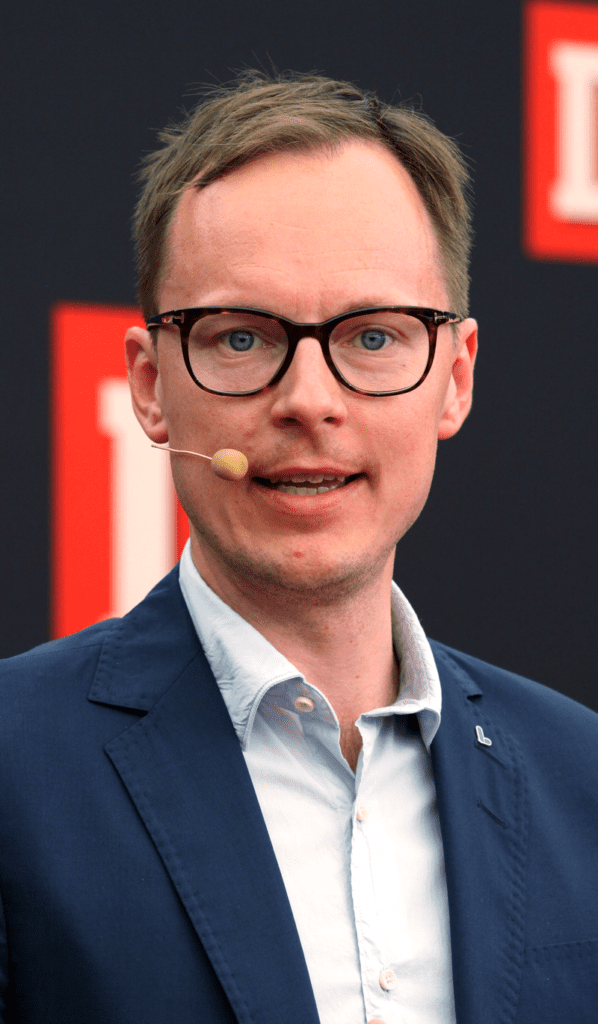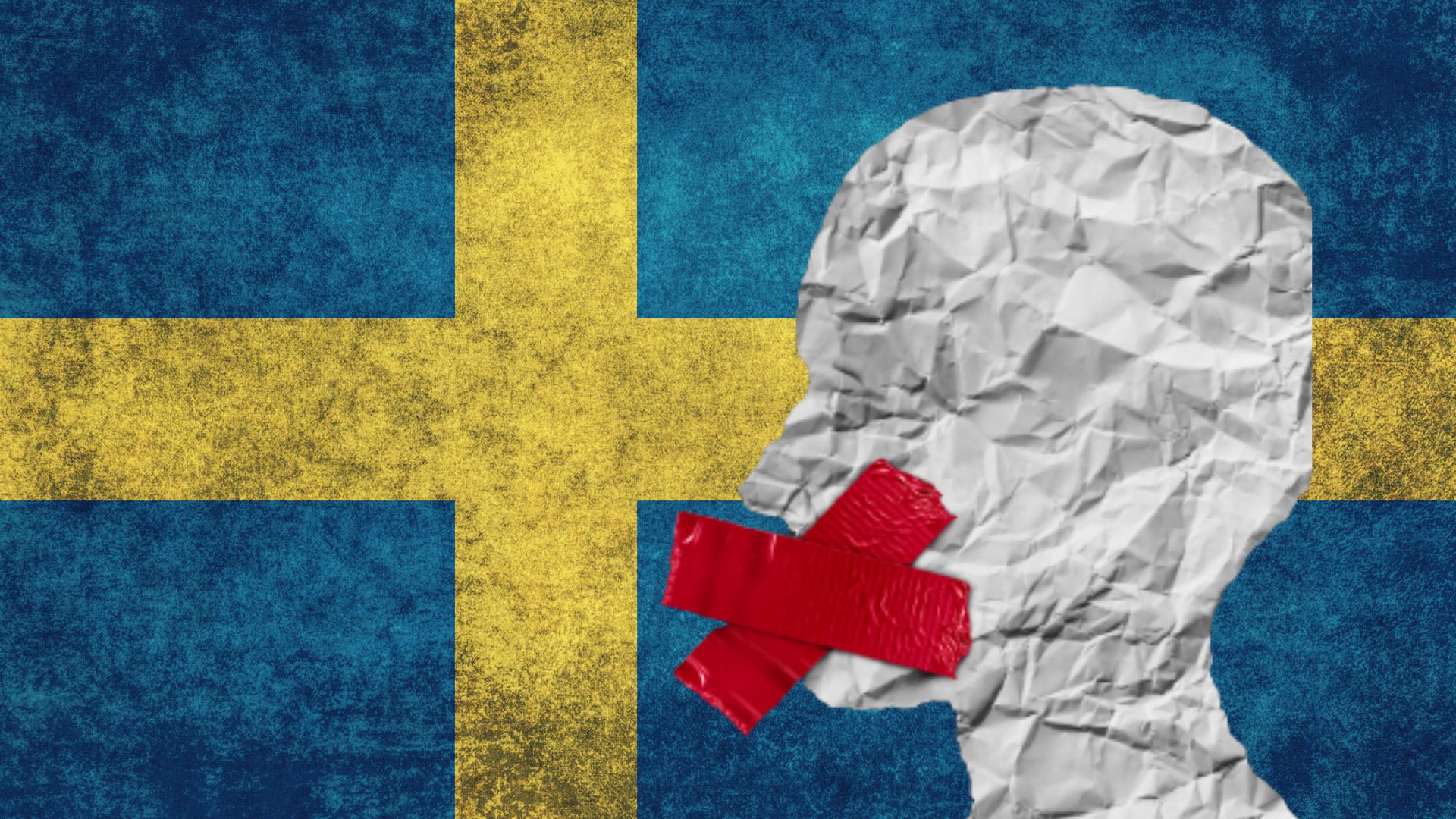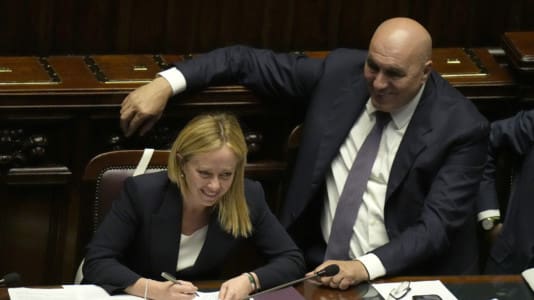Swedish Education Minister Mats Persson has written an article for Swedish newspaper Expressen detailing how his ministry will launch an investigation into instances of “cancel culture” in Swedish universities, which he says inhibits freedom of speech and creates a “stale” academic environment.
“If reality is to be understood, certain words or theories cannot be forbidden. A culture of silence and finger pointing — also called cancel culture — creates a vapid and stale academic environment. I will initiate a review to map how widespread it is,” writes Persson, adding that such a culture “threatens the ability of individual researchers to make assessments based on their knowledge and professional skills.”

Western universities, once seen as a bastion for freedom of expression, have increasingly silenced dissenting voices. The education minister says that Sweden’s universities are at extreme risk of being places where open debate and criticism are no longer tolerated.
“Identity politics risks finding its way into the university world. In a repoort from “Kalla Fakta” (a Swedish news program), several cases emerge where what started as a lively debate or a perfectly reasonable question degenerated into ostracism and pressure to adapt to the students’ identity politics agenda.
“A university is not just any place. Criticism, questioning, and straightforward discussions should be commonplace there. Consensus is not the goal.”
He also adds that topics related to racism and sexism need to be openly debated in order to understand their “causes and consequences.”
“A further risk from cancel culture is that research on politically controversial topics is neglected in favor of more comfortable areas. Who wants to research racism or sexism if you risk being accused of sharing ideas with what you are studying? We also need knowledge about the subjects that can be perceived as sensitive,” he writes.
Just last year, three respected Swedish academics faced prosecution after their research revealed that most rapes are committed by immigrants. In fact, the lead author of the paper, Prof. Kristina Sundquist from Sweden’s Lund University, was the most cited professor at her university regarding social research when the prosecution launched its case.
The Swedish minister further wrote that he not only has concerns about promoting a fair environment for the left and right, but also for religious students.
“Sweden basically has a good academic environment. We have strong and independent colleges and universities that are at the forefront. Today, research also takes place in areas that can be provocative for both the political left, the right, and the religious.
“That’s how it should be in a liberal democracy. The academy’s strength lies in seeking new knowledge unconditionally, without forbidden words or blinders. All of society will benefit from this.”
[pp id=29626]
The minister also refers to an open letter published in Harper’s in 2020 in which 150 intellectuals warned of the dangers of restricting free speech. Some of the names included Anne Applebaum, Margaret Atwood, Salman Rushdie, Noam Chomsky, Francis Fukuyama, Michael Ignatieff, Garry Kasparov, Kati Marton, J. K. Rowling, and Fareed Zakaria.
“In an open letter, well-known researchers and authors such as Francis Fukuyama, Noam Chomsky, and Salman Rushdie write about how there is a risk of open debate being silenced. They describe how an intolerant culture is emerging that threatens the free exchange of thoughts and ideas. The identity politics movement is at its strongest in the USA but risks finding its way into Swedish universities,” writes the education minister.
“Reality is elusive, history cruel, and society full of injustice. If reality is to be understood, certain words or theories cannot be forbidden.”
[pp id=22510]
Questions around race, IQ, biological differences between men and women, and other hotbed subjects have long been taboo or completely forbidden in Western academic settings, but the issue extends far beyond universities. A former Swedish politician was convicted last year for citing South Sudanese people’s IQs, which he argued made it difficult for them to integrate into Swedish society.
“They have one of the world’s lowest levels of education and widespread illiteracy; the majority have worked as farmers and herders for generations. Placing them in northern Europe is not very wise as I see it,” said Bertil Malmberg, who was a member of the Sweden Democrats before being expelled from the party for his remarks.
“I had intended to refer to the HDI [development index] from the UN and make it clear that it was about these people becoming impossible to integrate into the labor market, but I never got that far,” Malmberg added, noting that he was interrupted and prevented from finishing his testimony during the trial.
Persson appears to promote a full and open discourse in universities, even on sensitive topics, but it is unclear how far Sweden will go in allowing free debate in these areas, especially given Sweden’s stringent hate speech laws. For example, if an academic paper were, for example, to determine that Asians are smarter than Whites based on IQ results, would this constitute a form of hate speech? Would such a debate even be allowed to happen in a university?
“Censorship, forbidden words, or ostracism must not occur in Swedish higher education. University management has a responsibility as an employer and responsibility to stand on the side of research, even when it is perceived as inconvenient,” writes Persson. “Our freedom of expression and tolerant society means we can speak openly about various phenomena. This government will not see academic freedom as just a piece of paper, a slogan. Intolerance will not be tolerated. We will vigorously defend academic freedom.”
Persson does not detail what form the investigation will take, but the question remains whether any legislative or official action will be taken based on the investigation. In the United Kingdom, for example, teachers were banned from displaying Black Lives Matter flags or teaching through a lens of left-wing ideology. Most universities in Sweden are not private but fall under the authority of the government.





